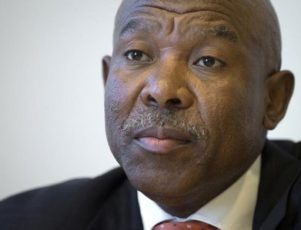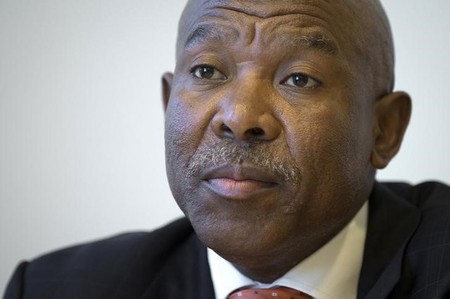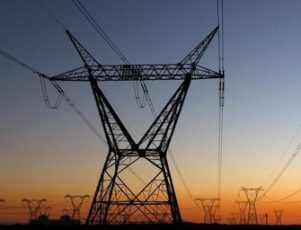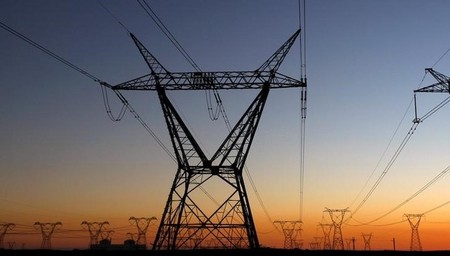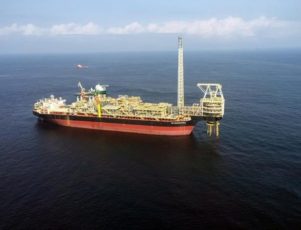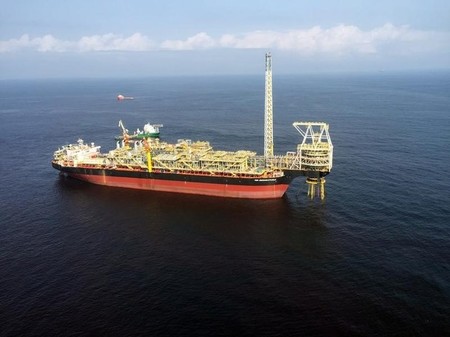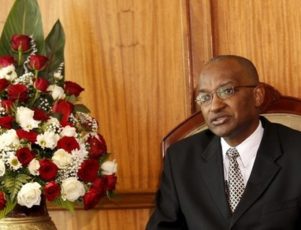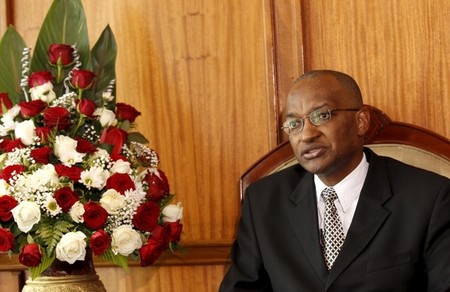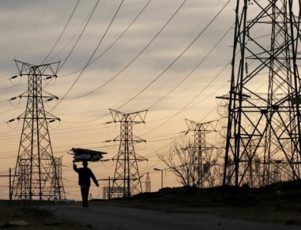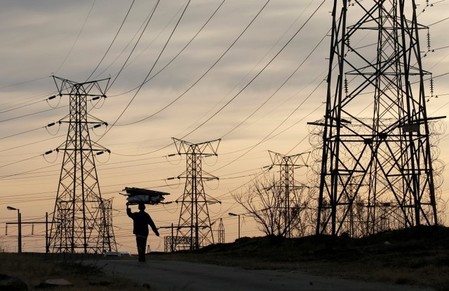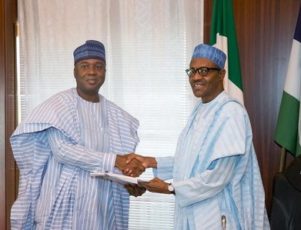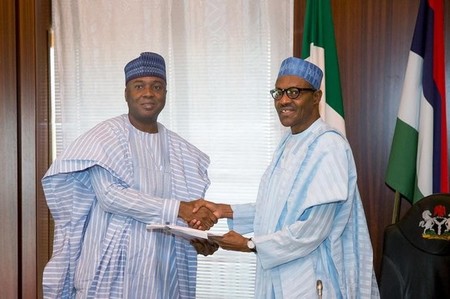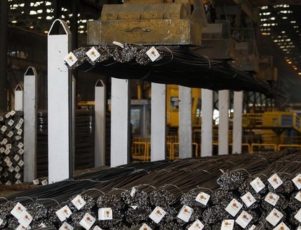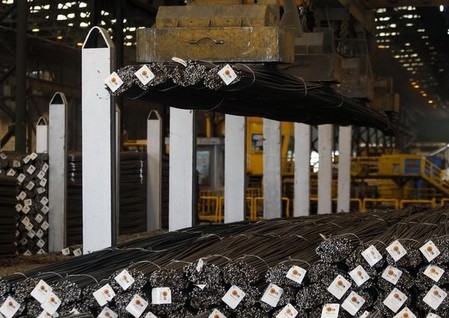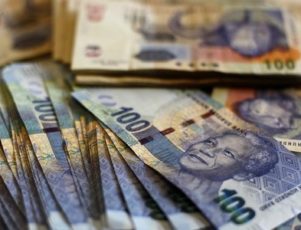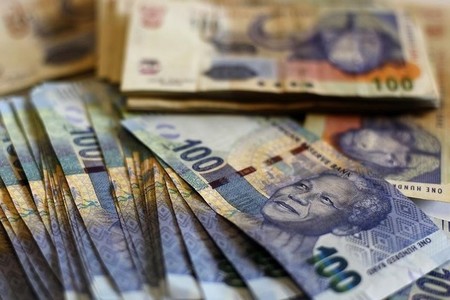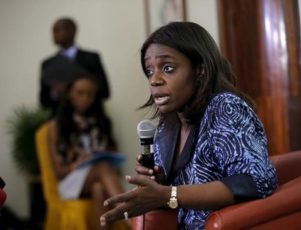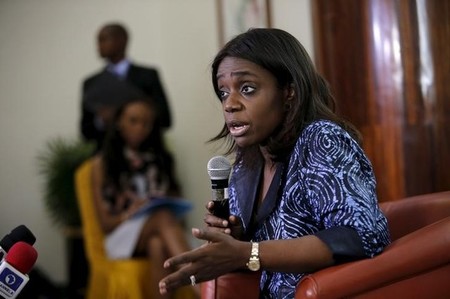By Olivia Kumwenda-Mtambo
PRETORIA (Reuters) – South Africa’s central bank kept interest rates unchanged at 7 percent for a third consecutive time this year on Thursday, with a weak economic growth outlook balancing out concerns about inflation.
The Reserve Bank said the growth outlook remained constrained, but revised upwards its forecast for this year to 0.4 percent growth having previously said the economy would remain at a standstill.
In response to the decision to keep rates steady, the rand surrendered gains driven by the U.S. Federal Reserve’s call to hold rates. The rand traded at 13.5525 per dollar by 1445 GMT, from a session high of 13.3775.
The government’s benchmark 2026 bond firmed to its best since Aug. 19.
In a Reuters poll, 24 of 28 economists expected the rate to remain unchanged, while the rest forecast a 25-basis-point hike.
“Given improvements in the inflation forecast, the weak domestic economic outlook and the assessment of the balance of risks, the MPC has unanimously decided to keep the repurchase rate unchanged,” Governor Lesetja Kganyago told reporters.
“The MPC is of the view that should current forecasts transpire, we may be close to the end of the tightening cycle.”
Kganyago said the MPC’s decision was unanimous, and a rate cut was not discussed at the meeting.
Inflation is expected to average 6.4 percent this year, slightly down from an earlier forecast of 6.6 percent, the central bank said. The target range is 3-6 percent and inflation now stands at 5.9 percent.
Kganyago, however, said the MPC was still concerned about the overall inflation trajectory.
The bank has hiked the benchmark repo rate by a cumulative 200 basis points since the start of 2014 to rein in rising inflation, with the last hike implemented in March.
“There will be much interest in where South Africa stands with its tightening cycle, given the tepid growth outlook,” said Razia Khan, Standard Chartered Bank’s chief Africa economist.
“One factor is clear however – with inflation improving but still forecast to remain near the upper end of the target 3-6 percent band in the coming years, it would be too premature to call for easing.”
Capital Economics Africa Economist John Ashbourne said rates were no longer likely to be hiked later this year. The bank will hold its final rate call for the year in November.
“The MPC statement, however, was more dovish than we had expected,” Ashbourne said in a note.
“This was the first meeting at which the governor hinted that South Africa’s tightening cycle … is nearing its end.”
(Additional reporting by the Johannesburg bureau; Editing by James Macharia and Andrew Roche)

